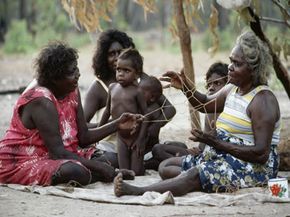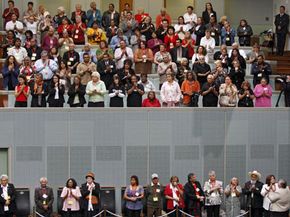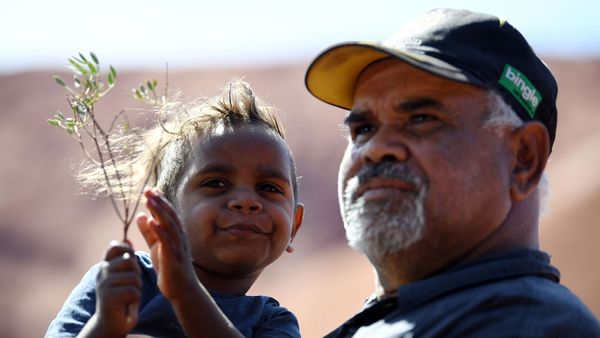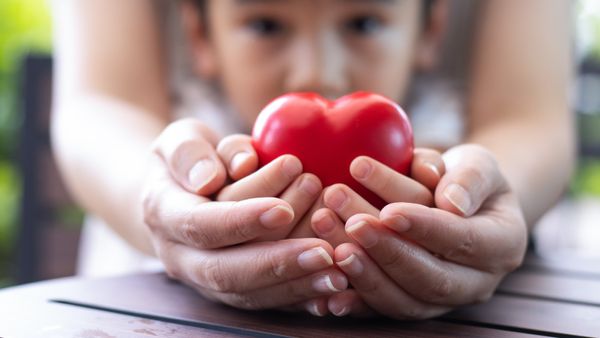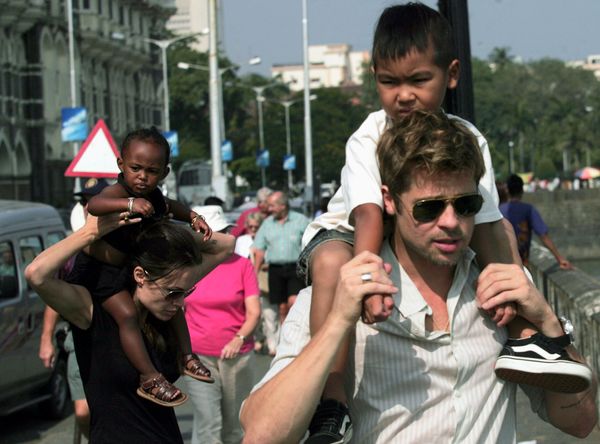History is rife with examples of flagrant human rights violations, and even picturesque Australia is not immune to the occurrence of these injustices: Between 1910 and 1970, roughly 100,000 Aboriginal children were forcibly removed from their homes [source: European Network for Indigenous Australian Rights]. Known to many as the Stolen Generation, these children, most under the age of five, were taken from their birth families because the Australian government decided that their race lacked a solid future.
The government believed that the children would fare better if raised by white families [source: The Independent]. This rationale was due to the hard truths that the Aborigines are at a much higher risk -- even today -- for alcoholism, infant mortality, criminal behavior and drug addiction than other Australians. In fact, the average Aborigine life expectancy today is 17 years shorter than the rest of the country's population [source: The Independent]. But it wasn't just a few overzealous rulers who forced this removal policy upon the nation; rather, numerous state and federal laws were drafted and passed with the express intention of "breeding out" the color of Australia's indigenous race and helping the young members fit into mainstream society [source: The Independent]. The hope was to phase out Aboriginal culture.
Advertisement
A variety of deceptive means were used to whisk Aboriginal babies and children from their families. Some children were simply removed from their homes by government officials. Too young to remember their family histories, the children were told that they were orphans. One mother was given a consent form for what was supposedly a routine vaccination, when in fact she authorized her baby, Leonie Pope, to be sent to foster care. She was then told that Leonie had died; Leonie was alive and well and residing with a white family [source: The Independent]. Other children were taken for treatment to hospitals, never to be seen again by their families, who were also led to believe that their children had died. The majority of them were placed in more affluent foster homes with white families, or they were taken to orphanages or church missions.
How were these injustices finally brought to light?
Advertisement
